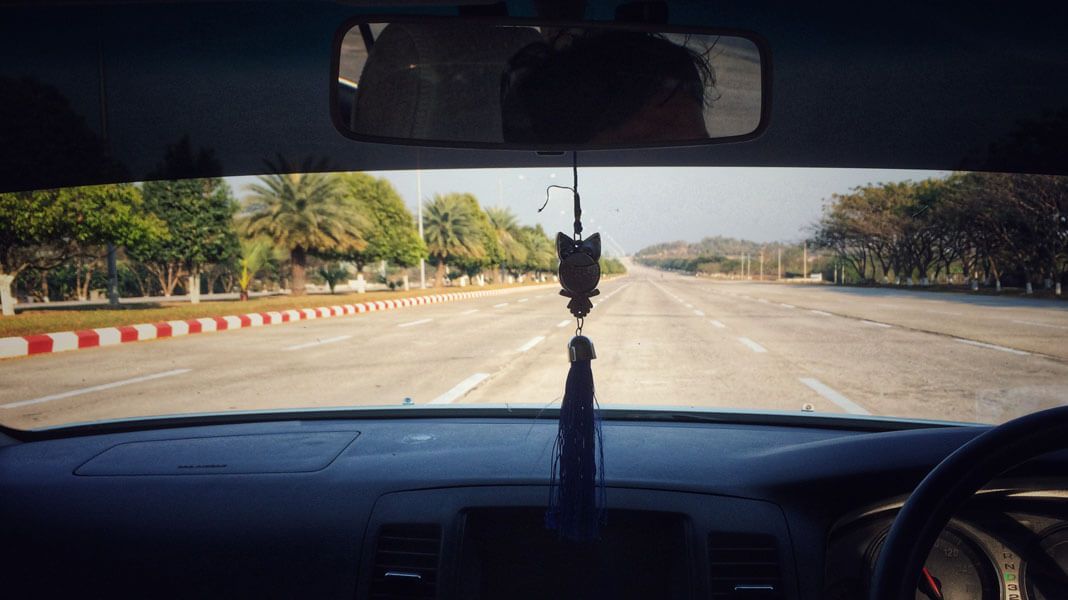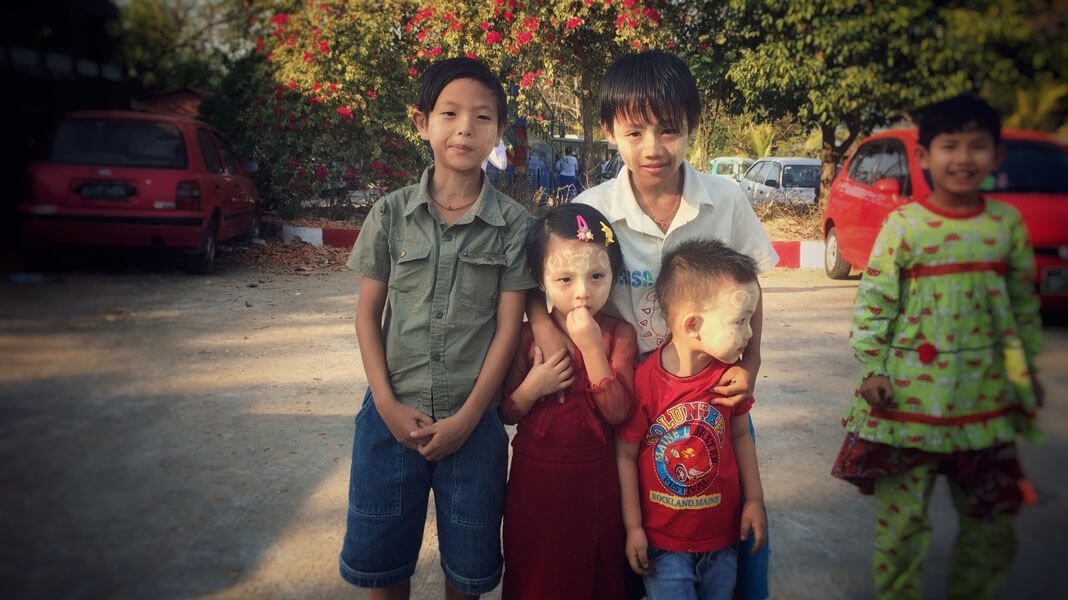Working in Myanmar is a great adventure

Marcel Marchand travelled to Myanmar to map flood and cyclone risks. Read his story about a delta country in transition.
Yangon is shining in gold during sunset. I arrive in the capital of Myanmar, former Burma, particularly known for its railway during the war, Nobel laureate Aung San Suu and the many glittering pagodas.
As I walk past Inyia Lake towards the old center, the crowds are eye-catching: flyovers, street vendors, screaming billboards, and expensive hotels next to gray flats, which are covered by air conditioners and laundry.
When I take a closer look, I see men wearing longyi, women’s and children's faces smeared with 'thanaka', and monks in procession to collect their alms. I smell a blend of charcoal, spices and sweat. Suddenly I realise: Myanmar is a Southeast Asian country with an Indian touch.

Pandora's box
During my stay in Yangon I work together with the Department of Disaster Management. We map the flood and cyclone risks, so that policy makers can make the right decisions to reduce those risks.
That is badly needed, because Myanmar is high on the list of countries exposed to natural hazard risks, such as flooding, cyclones and droughts. One of the deadliest tropical storms in history was Nargis in 2008. The cyclone caused seawater to flow into the Irrawaddy delta and at least 138 thousand people died.
The situation is exacerbated because the more than 57 million inhabitants of Myanmar are mostly poor, which means that there is little money for strong dikes, barriers and a well-oiled rescue brigade. A better ranking is not possible in the short term, because it is almost like a Pandora's Box of water and climate issues has opened.
We can't do much about the natural disasters itself. In fact, there is a good chance that natural disasters will increase as a result of climate change. In my opinion, the government of Myanmar could respond in three ways: adapt, protect or move.
The move was started 10 years ago, when the capital was moved from Yangon to the upper Nay Pyi Taw. It had nothing to do with the floods that Yangon regularly encounters still now, but was motivated by domestic and geopolitical reasons.

You can house a lot of people in Nay Pyi Taw. It is a kind of ghost town with empty 6 to 12-lane highways, large hotels with abandoned lobbies and ministries spread over an area as large as the Dutch province of Utrecht. But unfortunately, it is a dry area and therefore unlike Yangon in the Irrawaddy delta, not very suitable for rice cultivation.
This delta region is in fact not the most dangerous place to live. Flooding from rivers occurs very often, but people there are used to it and often know how to reduce the impact. This in contrast to cyclones, which in addition to a deadly storm surge, are accompanied by heavy rainfall and strong wind.
But the chance that the delta will be affected by cyclones is relatively small. Cyclone Nargis was unfortunately an outsider, as it decided to move more southwards than what’s usual in the Bay of Bengal. Rakhine State on the contrary, which is positioned north-west to the delta, is more likely to be affected by cyclones.
The best strategy to mitigate the risks as much as possible, is to combine an effective cyclone warning system with shelters, because for most people moving is not an option and dikes are too expensive. Writing this, I can't avoid saying something about the Rohingya crisis.
Because the Rohingya live in the west of Rakhine and were forced to move. Not due to natural disasters, but because they are Muslim. That is apparently a problem in a predominantly Buddhist country. After all that has been done to the Rohingya minority recently, my image of Yangon shining in gold pales.
Although Myanmar has only recently opened its doors to the outside world, the country threatens to turn back inwards again because of this tragic situation with the Rohingya. The issue is taboo and the international community is confronted with difficult questions: Boycott the country? China just increases its development aid. Carefully address the issue with the government? The army will not accept it and will see this as international interference in national security.
These are dilemmas which you have to deal with as a water consultant working abroad. Water, conflicts, food, migration and climate change are intertwined issues. However, I am mainly concerned with the natural disasters, which make no distinction when it comes to race or religion. This way, I try to make a modest contribution to improving the lives of all those people, who are trying to close Pandora's box.



Member discussion